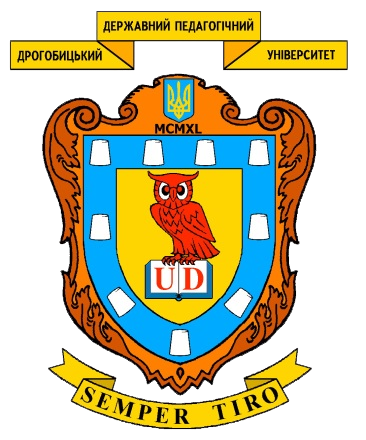ARTISTIC RECEPTION of R.M. RILKE’S POETRY IN TRANSLATIONS by LEONID PERVOMAISKY
DOI:
https://doi.org/10.24919/2411-4758.2022.248114Keywords:
creative style, artistic reception, poetics of translation, rhythmic melody of the original.Abstract
The study of L.Pervomaisky’s contribution to the history of Ukrainian translation, features of his translation style, as well as the artistic reception of Rilke’s poetry translations is a relevant and important topic of modern Ukrainian literary criticism. The novelty of this scientifi c research is that the reception of poetics of literary translation by L.Pervomaisky of lyrical verses by R.M. Rilke becomes as an independent object of interpretation in the context of individual creative artistic consciousness as an all-encompassing artistic phenomenon. As L.Pervomaisky’s translations from R.M. Rilke were and still are little known, the main aim of this research is not only the attempt to analyse the artistic value of translations, but also to compare the poetics of RM Rilke’s lyrical verses with the author’s style of the Ukrainian poet as a potential translator from German and to fi nd out the degree of adequacy of translations of the original. Analysed translations of Rilke’s literary texts “Loneliness”, “Spanish Dancer”, “Jeremiah” and “Blind” which were included to the poet’s second part of “Book of Paintings”, summarize the discourse of research of his work, deepen understanding of the nature of poetics, outline the new perspectives of vision of the phenomenon of literary translation and its role in fi ction of the 20th century. The texts selected by L.Pervomaisky for translation are distinguished by a bright unusualness according to both the mood, plot lines and the character of the lyrical hero (the narrator). The poet managed to preserve all the special details of the original work and convey its complete picture. A differentiated approach to each translation and the manner of the translator allows us to conclude that L.Pervomaisky tended to the maximum correspondence of the original at the level of meaning. His translations from Rilke adequately convey to the recipient the philosophical and psychological background of the original; its communicative and aesthetic function by means of the mother tongue; the vocabulary of the translations generally conveys the pathos of Rilke’s original work. He managed to feel and preserve the essence and purpose, the fi gurative structure of the original text, as well as to convey the text in accordance with the norms and literary traditions.
References
Лівицька, І. (2007). Психологізм прози Л. Первомайського: теоретичний аспект. Кіровоград : ПП «Поліграф – Терція».
Лівицька, І. (2006). Психологізм прози Л. Первомайського як відображення естетичної позиції автора (на матеріалі збірки «Оповідання не для розваги»). Наукові записки. Серія: Філологічні науки (літературознавство), 64, 2, 35 – 45. Кіровоград : РВВ КДПУ ім. В. Винниченка.
Наріжна, Л. Г. (2005). Проза Л. Первомайського в оцінках критиків і літературознавців. Вісник Харківського національного університету ім. В. Н. Каразіна. Серія : Філологія, 707, 46, 174–179.
Наріжна, Л. Г. (2006) Простір і час у художньому світові роману «Дикий мед» Л. Первомайського. Вісник Харківського національного університету ім. В. Н. Каразіна. Серія : Філологія, 745, 49, 104–108.
Синьоок, Г. (2008). Леонід Первомайський – Арсеній Тарковський: Діалог доль і творчості. Черкаси. Соловей, Е. «Не відрікаюсь від снів». Війна і мир Леоніда Первомайського. Дзеркало тижня, 20 (31 травня – 6 червня).








